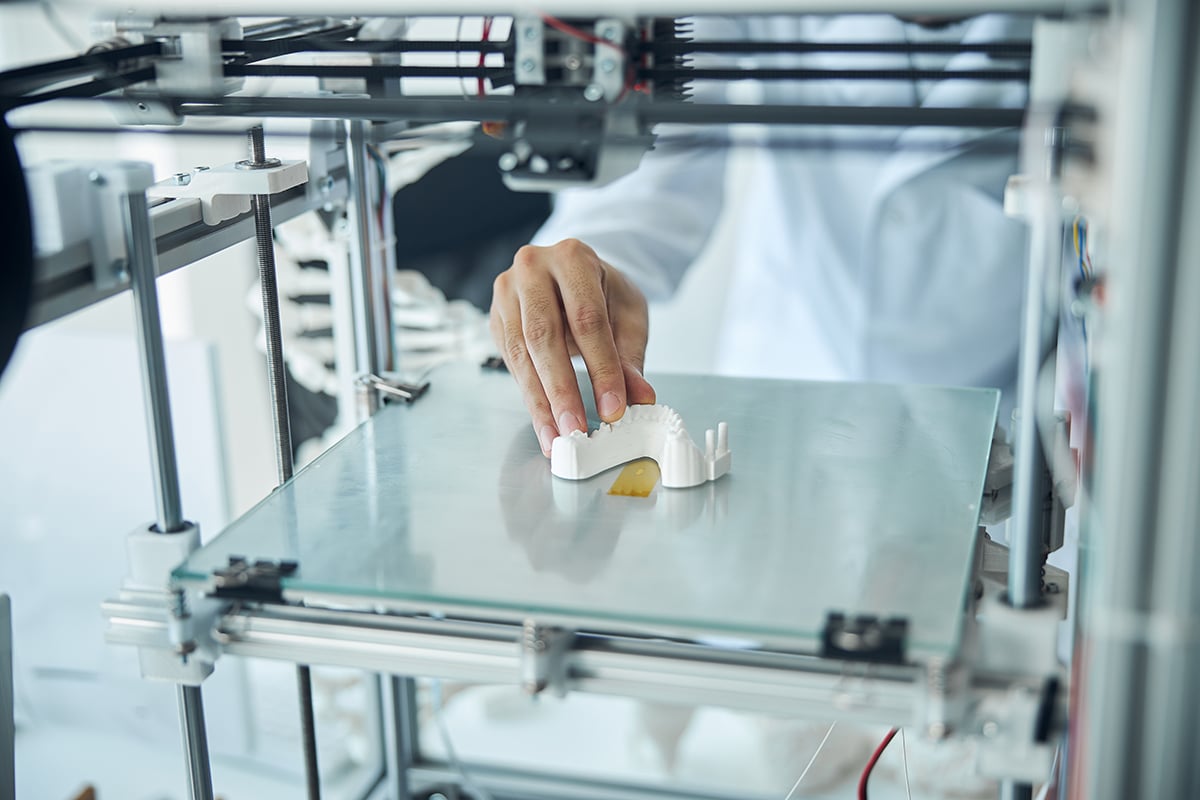In an era where customization is king, the medical industry is on the cusp of a significant paradigm shift. No longer are patients facing a one-size-fits-all approach; the future is personal, and it’s being shaped by technology. This change is not just a mere convenience; it’s a potential lifesaver.
Standardized treatments have long been the norm in health care, but they often fall short. Every patient is unique, and a generic approach can lead to lower success rates and the hassle of multiple hospital visits. The medical community is taking note and is now harnessing innovative technologies to deliver care that’s as unique as the patients themselves.
One of the most groundbreaking advancements is the utilization of 3D printing technology. Clinicians are now able to craft patient-specific treatments, including implants that are tailored to the individual’s anatomy. These bespoke solutions promise to improve medical outcomes and are a part of a broader trend towards mass personalization in health care.
Personalization manifests in various forms, from the ability to choose between in-person or virtual doctor’s appointments to leveraging genetic information for crafting highly individualized treatment plans. These methods not only enhance patient experience but also aim to improve the efficacy of medical interventions.
A recent conference hosted by Materialise, a leader in 3D printing, convened clinicians, researchers, and industry experts to discuss the opportunities and challenges presented by this new era of personalized medicine. The consensus was clear: within the next decade, personalized health care technology is expected to become a common clinical standard.
3D printing, particularly, has seen an enthusiastic reception, with many medical device companies actively incorporating it into their product strategies. The technology’s integration into hospital and clinic settings is not just a possibility—it’s a reality that’s unfolding before our eyes.
While there’s excitement about the potential of data and artificial intelligence to transform predictive planning in medicine, there remains a strong belief in the irreplaceable nature of human expertise. The nuances of the human body and the complexities of medical procedures require the kind of ingenuity and adaptability that, at least for now, only humans can provide.
Diverse solutions are already emerging within the realm of 3D printing in medicine. From the pioneering of silicone heart valves to the creation of a carbon-based 3D-printed retina, the scope of innovation is vast. Other notable developments include the design of personalized knee implants and textile-based cartilage implants derived from a patient’s stem cells. These advancements are not just experimental—they are leading to real-world applications that could transform lives.
This revolution extends beyond 3D printing. The synergy of telehealth services and genetic science is also playing a crucial role in pushing the boundaries of what’s possible in personalized health care.
The medical field’s pivot towards individual-focused care signifies a promising future. By embracing innovative planning and manufacturing technologies, the sector is poised to implement a patient-specific approach that could redefine medical care as we know it. The message is clear: in health care, the personal touch is not just a luxury—it’s the future.







